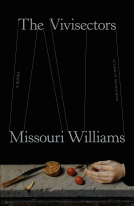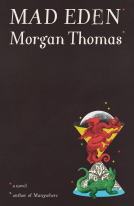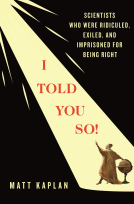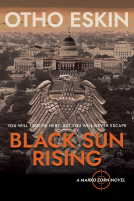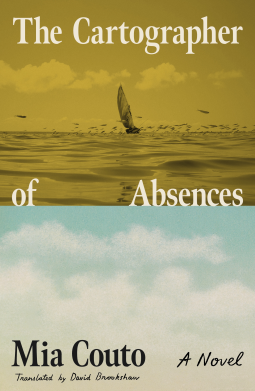
The Cartographer of Absences
A Novel
by Mia Couto
This title was previously available on NetGalley and is now archived.
Send NetGalley books directly to your Kindle or Kindle app
1
To read on a Kindle or Kindle app, please add kindle@netgalley.com as an approved email address to receive files in your Amazon account. Click here for step-by-step instructions.
2
Also find your Kindle email address within your Amazon account, and enter it here.
Pub Date Sep 30 2025 | Archive Date Oct 30 2025
Description
“Revelatory . . . An aching, dreamlike immersion.” —Carl Hoffman, The Washington Post
“An intensely powerful work about revolution, compromise, and long-buried secrets . . . A haunting, compelling book.” —Tobias Carroll, Words Without Borders
An atmospheric novel about a father and son in the waning days of colonial Mozambique by the winner of the 2025 PEN/Nabokov Award
Diogo Santiago is a celebrated Mozambican poet and intellectual, a well-known professor at the university in his country’s capital. On the eve of a cyclone that will devastate the East African coast, he sets out for his hometown of Beira to receive a tribute from his fellow citizens. As he travels across Mozambique, his mind turns to the past—to his upbringing, and to the history of his country when it was still a Portuguese colony.
Diogo’s father, himself a poet and a journalist, witnessed a terrible massacre committed during the waning days of the colonial regime. He was arrested by the Portuguese secret police for trying to reveal what happened—but the officer who oversaw the case kept a journal, which later finds its way into Diogo’s hands. As the storm approaches Beira, threatening to wipe away the physical traces of his childhood, Diogo sorts through the journal, old letters, and family stories, and confronts the impermanence of his own memories. Along the way he meets Liana, a woman whose past is mysteriously connected to his own, and whose story just might shed light on what happened to his father.
A haunting novel of historical testimony, The Cartographer of Absences is one of Mia Couto’s finest works. Drawing on the author’s own life in colonial Mozambique, this book is a significant new entry in the world literature canon.
A Note From the Publisher
Available Editions
| EDITION | Other Format |
| ISBN | 9780374616311 |
| PRICE | $30.00 (USD) |
| PAGES | 320 |
Available on NetGalley
Average rating from 8 members
Featured Reviews
 Andrija F, Educator
Andrija F, Educator
This is my first Couto. I'm not sure why, but despite being aware of him, I haven't read any of his novels until now. He is even considered a candidate for a Nobel each year (though I'd choose Antunes without a second thought). It's an extremely smart exploration of absences: colonialism and its aftermath in Mozambique, the contemporary reverberations of colonialism, those who fought against colonialism (especially women and queer people), those who died during the final days of colonial rule (I didn't know about the massacres in Mozambique and thought such horrors were limited to Belgian colonial rule, but apparently not), and who gets to tell the story and own the historical narrative. All of this is packaged in a metafictional form that plays with different literary forms and what they can make present or absent. I'm excited to explore Couto's oeuvre after this novel.
Readers who liked this book also liked:
Cecilia Eudave
General Fiction (Adult), Literary Fiction, Multicultural Interest
Otho Eskin
General Fiction (Adult), Mystery & Thrillers, Politics & Current Affairs





